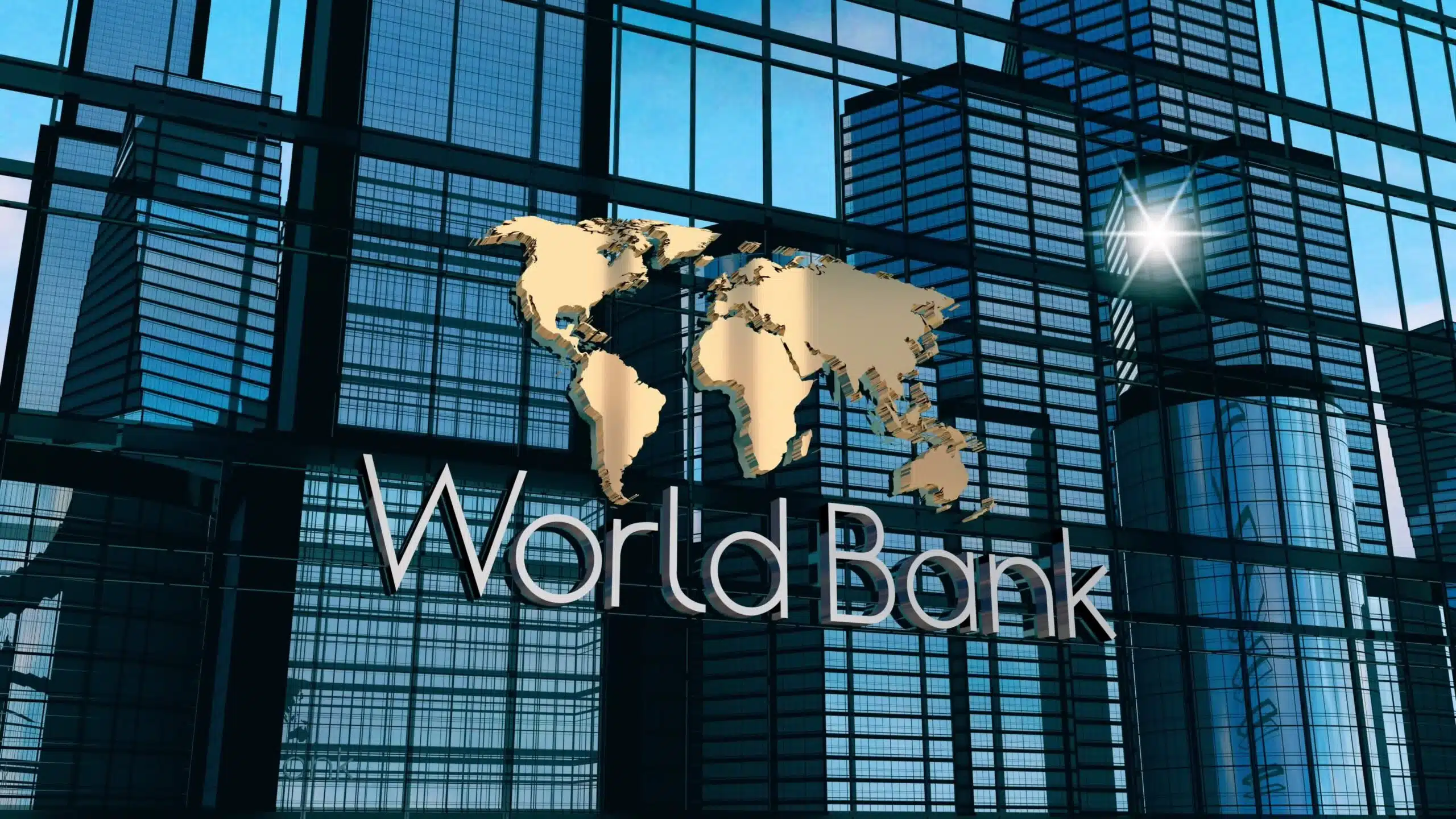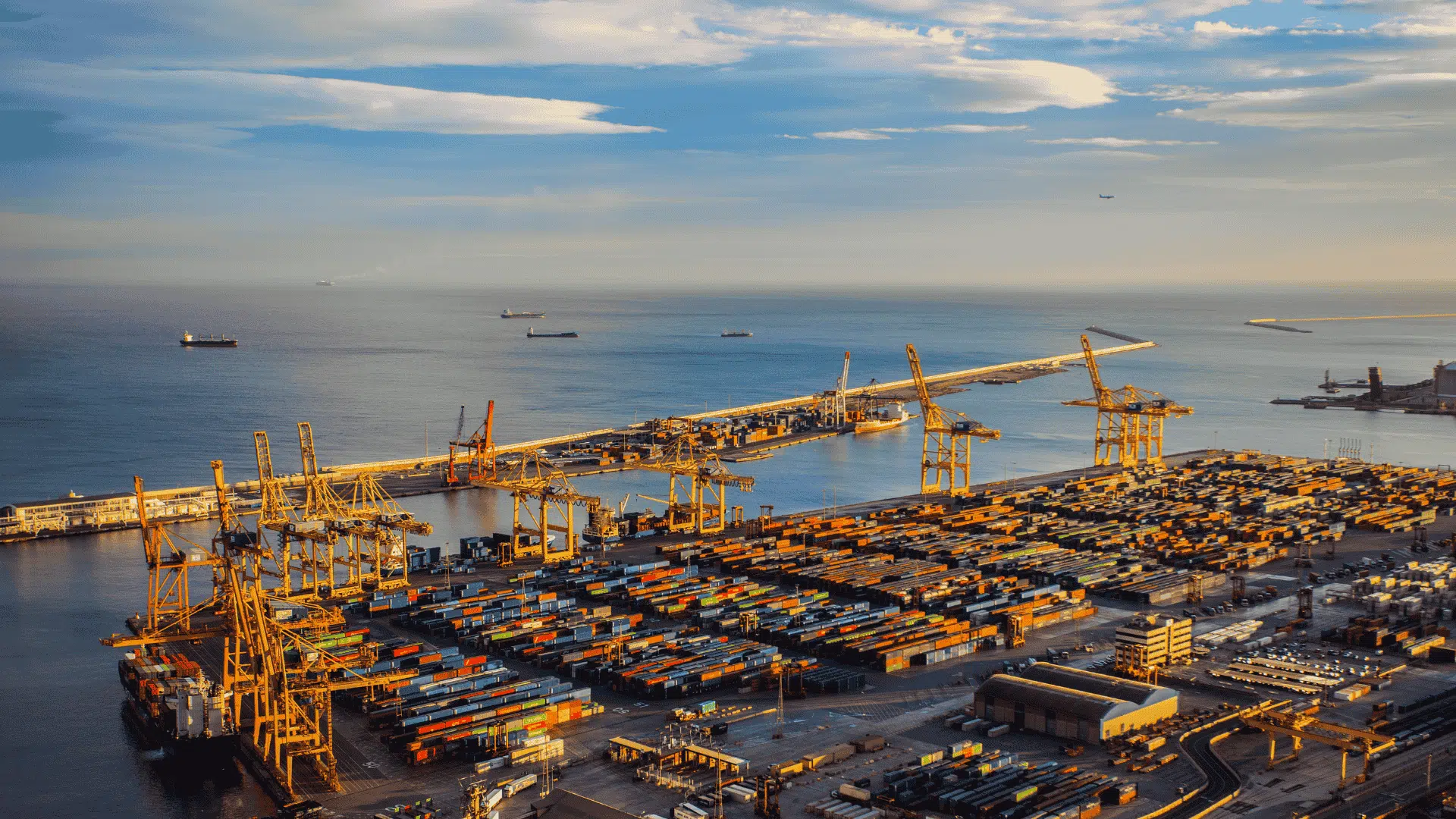Economy
Top stories
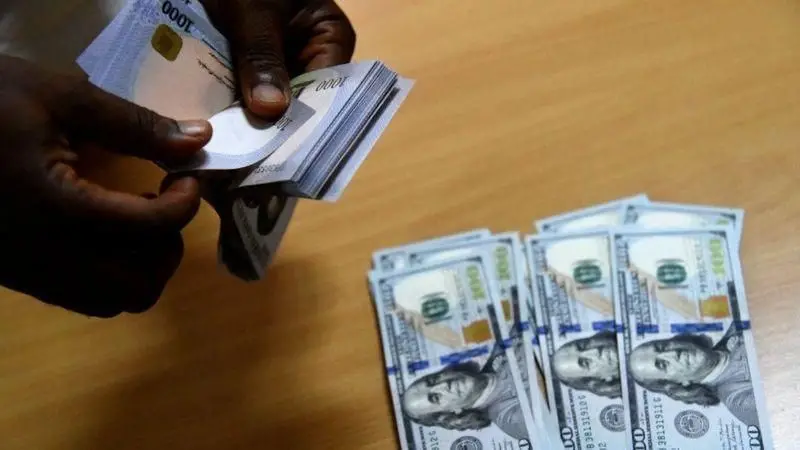
While the surge in technology investments highlights the digital sector’s growing role in Nigeria’s economy, investor confidence in the broader landscape remains weak, as reflected in the continued decline in overall FDI.
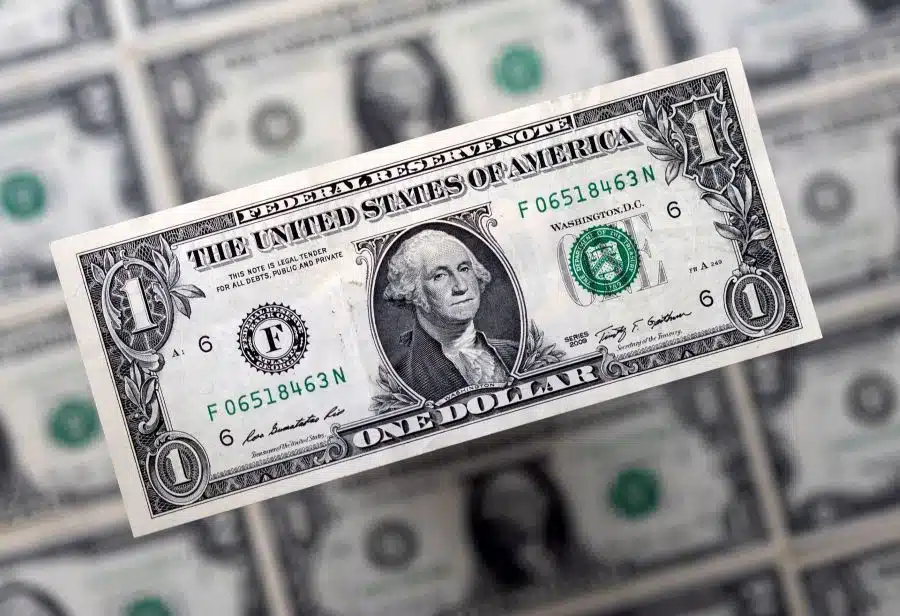
The new deal marks a significant step-up from previous commitments, with IsDB indicating plans to double Algeria’s financing volumes which currently stand at around $2.9 billion.
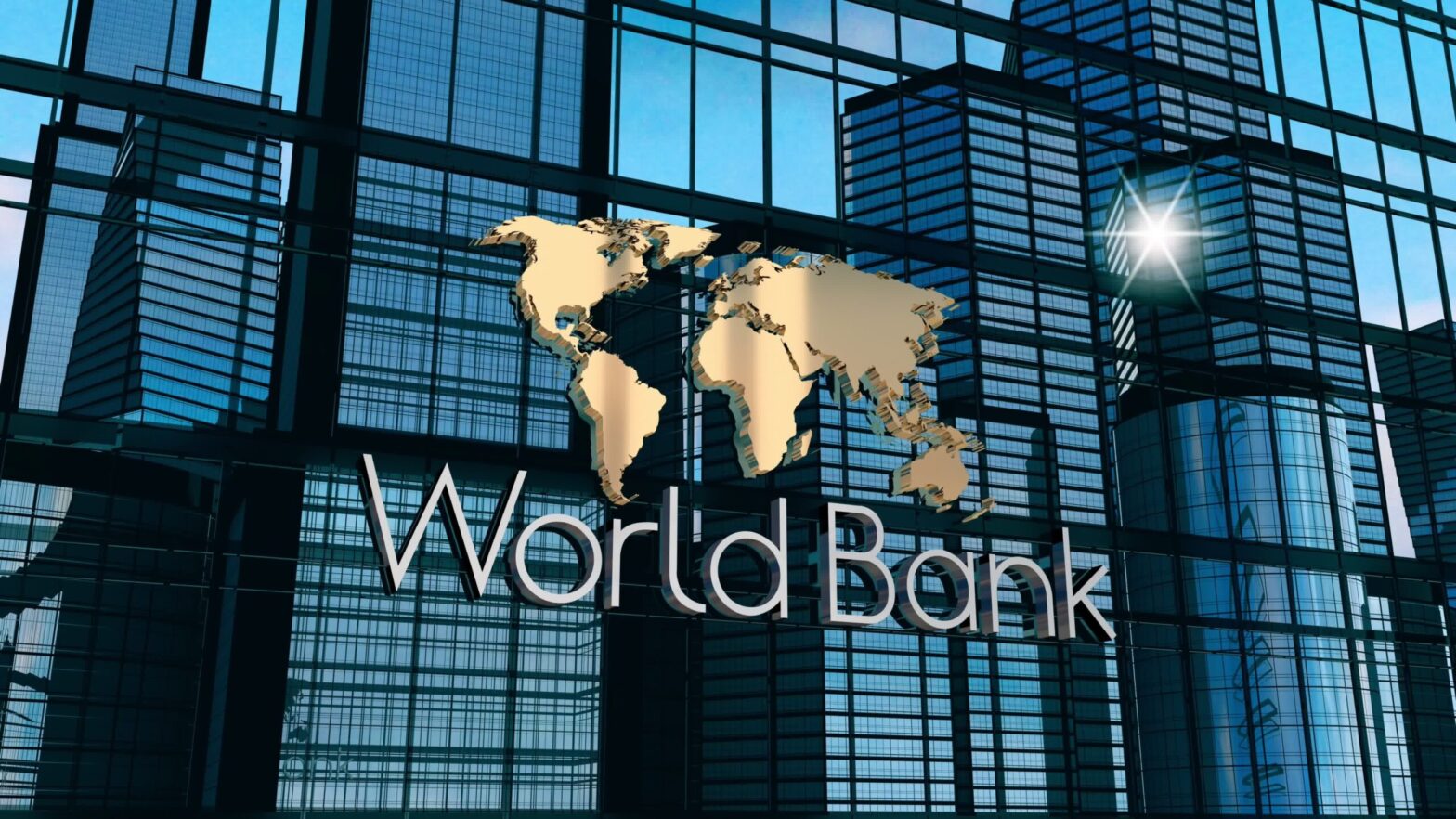
The energy project is expected to supply electricity to over 1 million Malawian households and create thousands of jobs, both directly and through downstream industries.
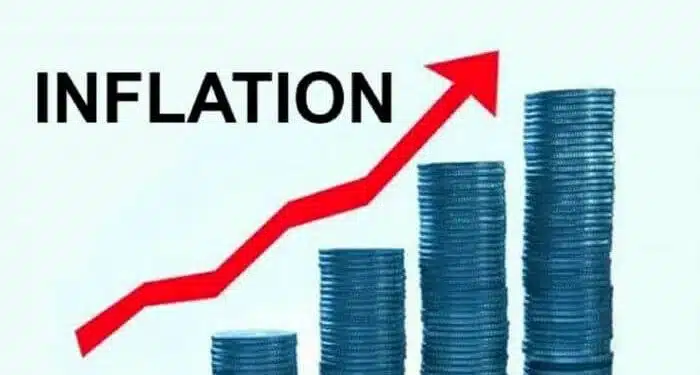
Despite the apparent drop in headline inflation, Nigerians continue to face high costs of essentials amid ongoing economic challenges.
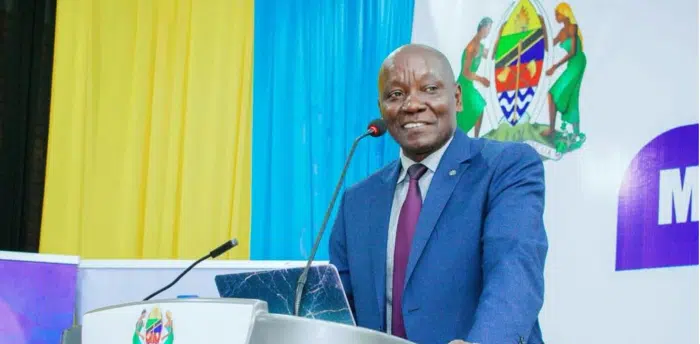
Tanzania is set to establish an International Financial Services Centre (IFSC) to attract investment and fund major development projects.

The Central Bank of Nigeria has stated in its latest report that more than 69% of Nigerians are against a further increase in monetary interest rates (MPR).

Despite escalating conflict and economic headwinds the Republic GDP grew by 6.5% in 2024 and is projected to remain above 5% driven by a stable exchange rate and tighter monetary policy.
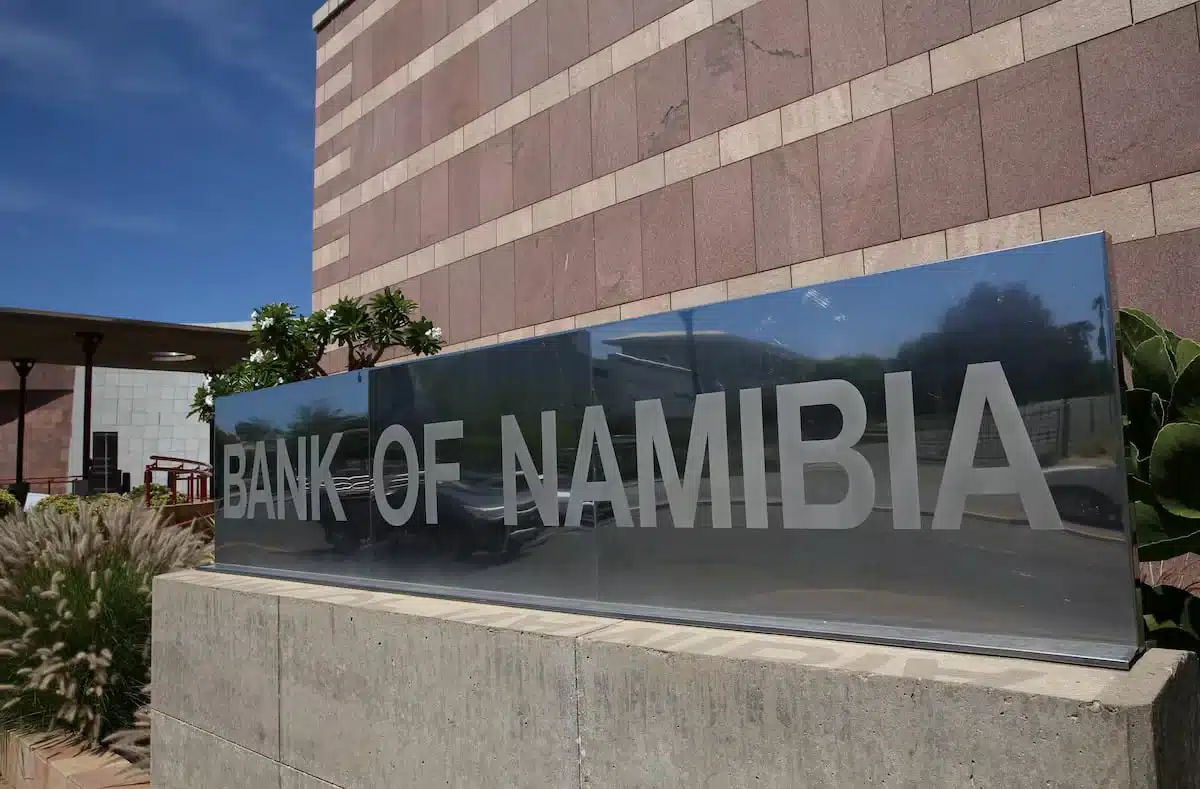
The southern African country saw a 10.7% yearly decline in counterfeit notes in 2024, attributed to improved security features, including holographic stripes, microtext, tactile elements, and transparent windows.
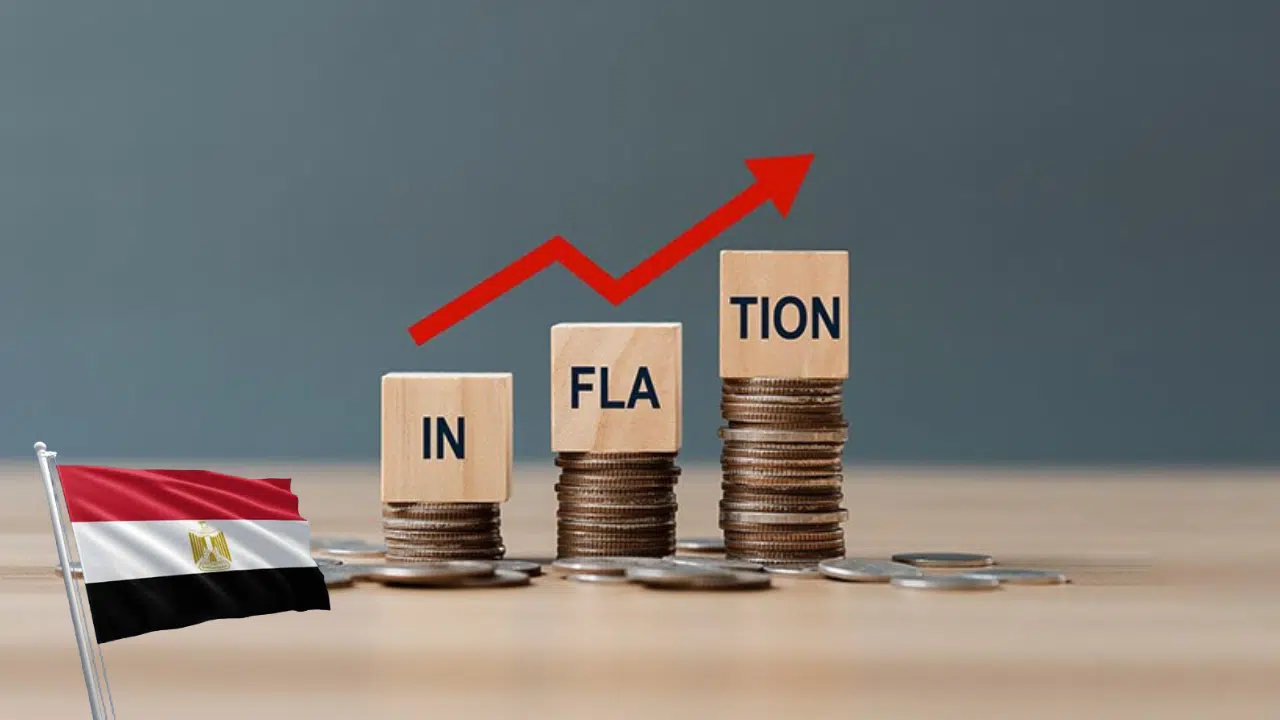
With inflation trending upward once again and external risks mounting, the CBE may be forced to reconsider its easing cycle and adopt a more cautious stance in the months ahead.

According to the country’s statistical bureau, oil imports jumped by nearly $55 million and accounted for 20% of total imports recorded during the reviewed month.
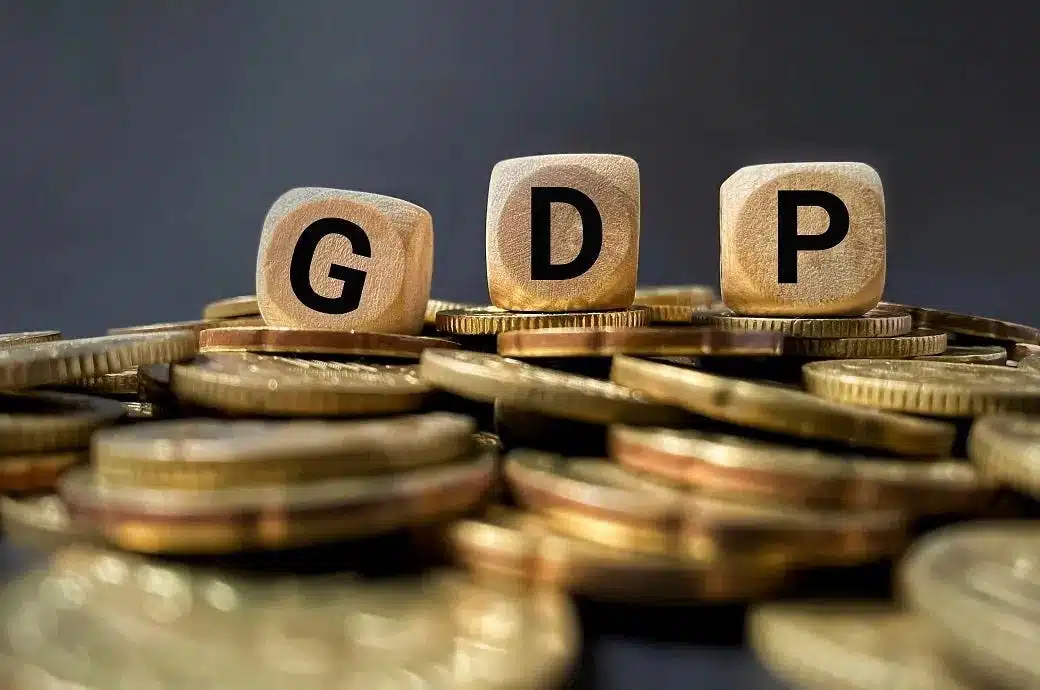
Perhaps the most disruptive economic event of 2024 was the wave of anti-government protests triggered by steep tax hikes, which hampered business operations and resulted in multiple deaths.

The sector saw its worst performance since the beginning of the year in April, as new orders and output declined at the fastest pace in four months amid fragile demand and rising cost pressures.
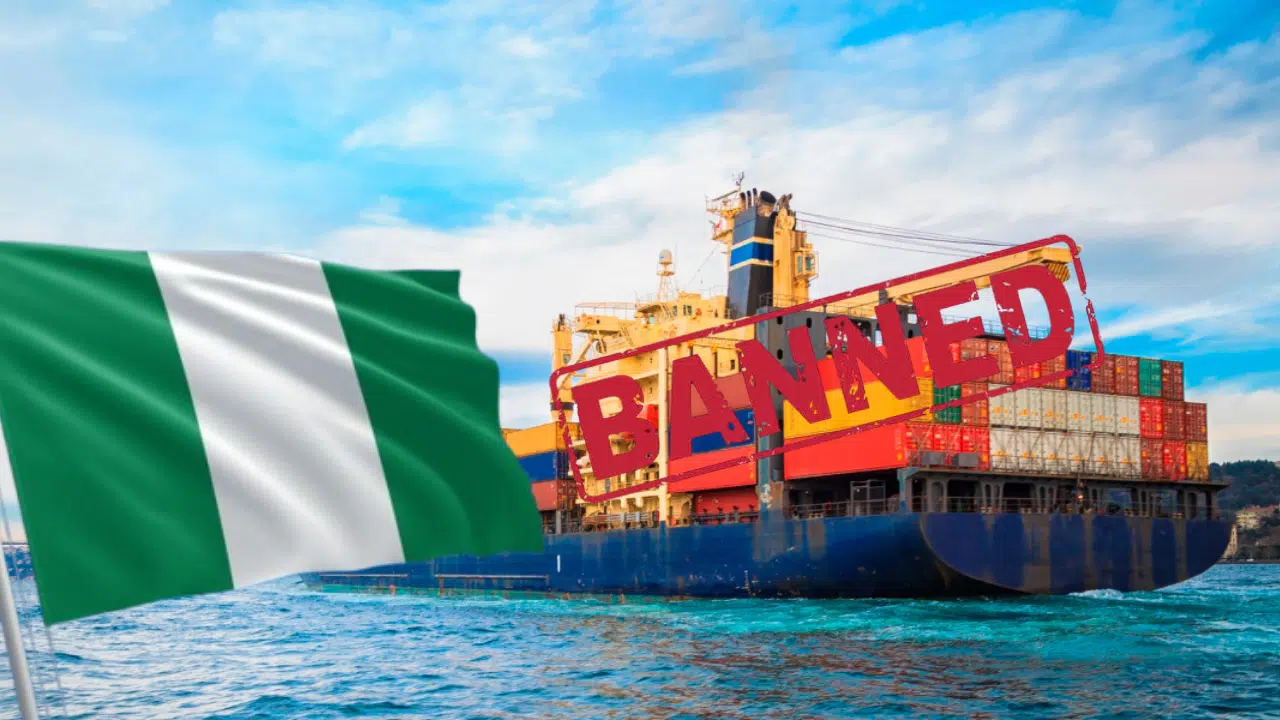
While the policy is seeks to boost local production, its success largely hinges on the nation’s ability to drastically reduce its reliance on imported raw materials, which could undermine the intended economic benefits.
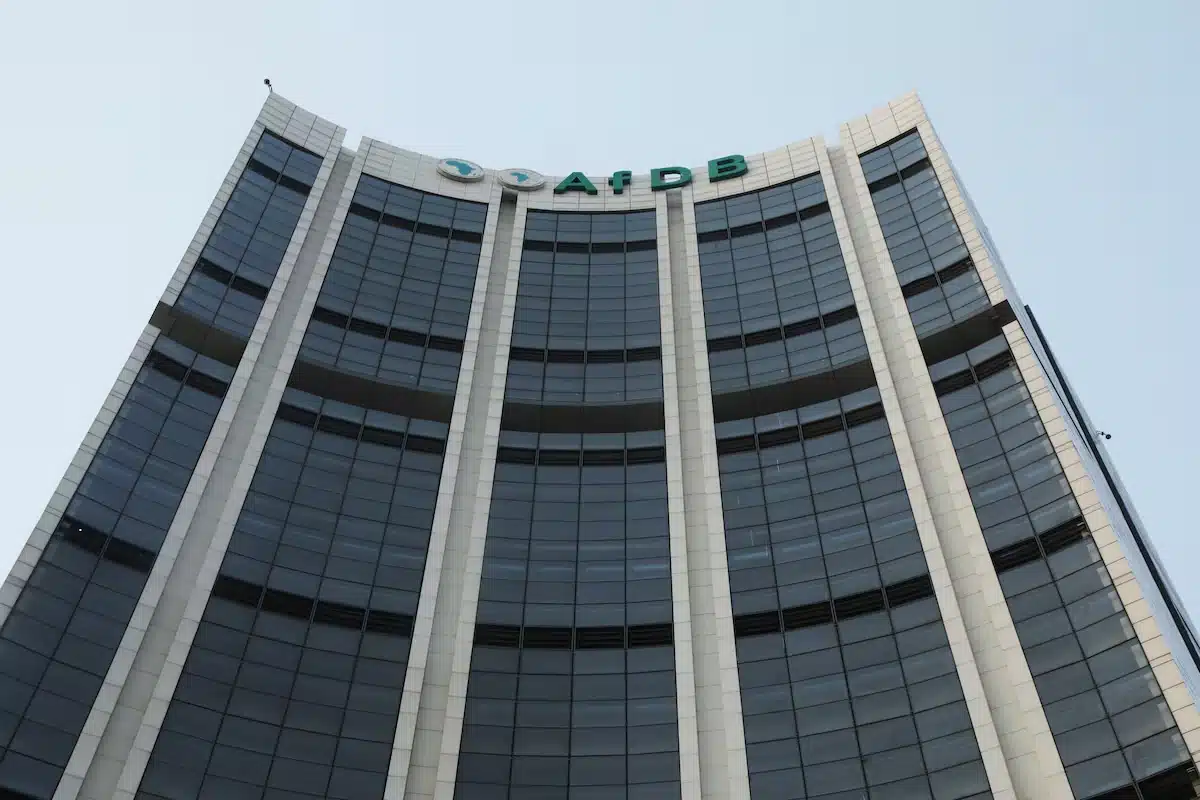
Designed to drive economic transformation and inclusive growth, the AfDB’s new strategy will see $2.95 billion invested in Nigeria over four years, with total support—when combined with co-financing from development partners—expected to reach $3.2 billion.
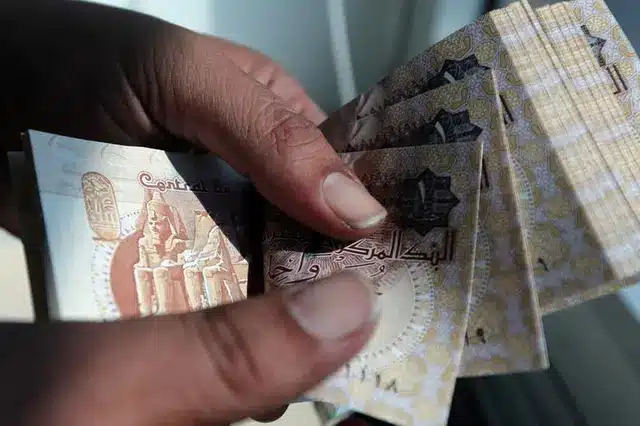
Egypt’s strong performance in the last fiscal year suggests growing investor confidence and capacity to meet its hefty debt obligations.

The Washington-based lender noted that despite recent fiscal slippages, bold corrective steps by the new administration have kept programme goals within reach, buoyed by strong export earnings, rising reserves and renewed commitments to fiscal discipline.

The country’s new gold regulator has also suspended the trading licences of all foreign traders, effective immediately, as it moves to centralise control of artisanal gold exports.
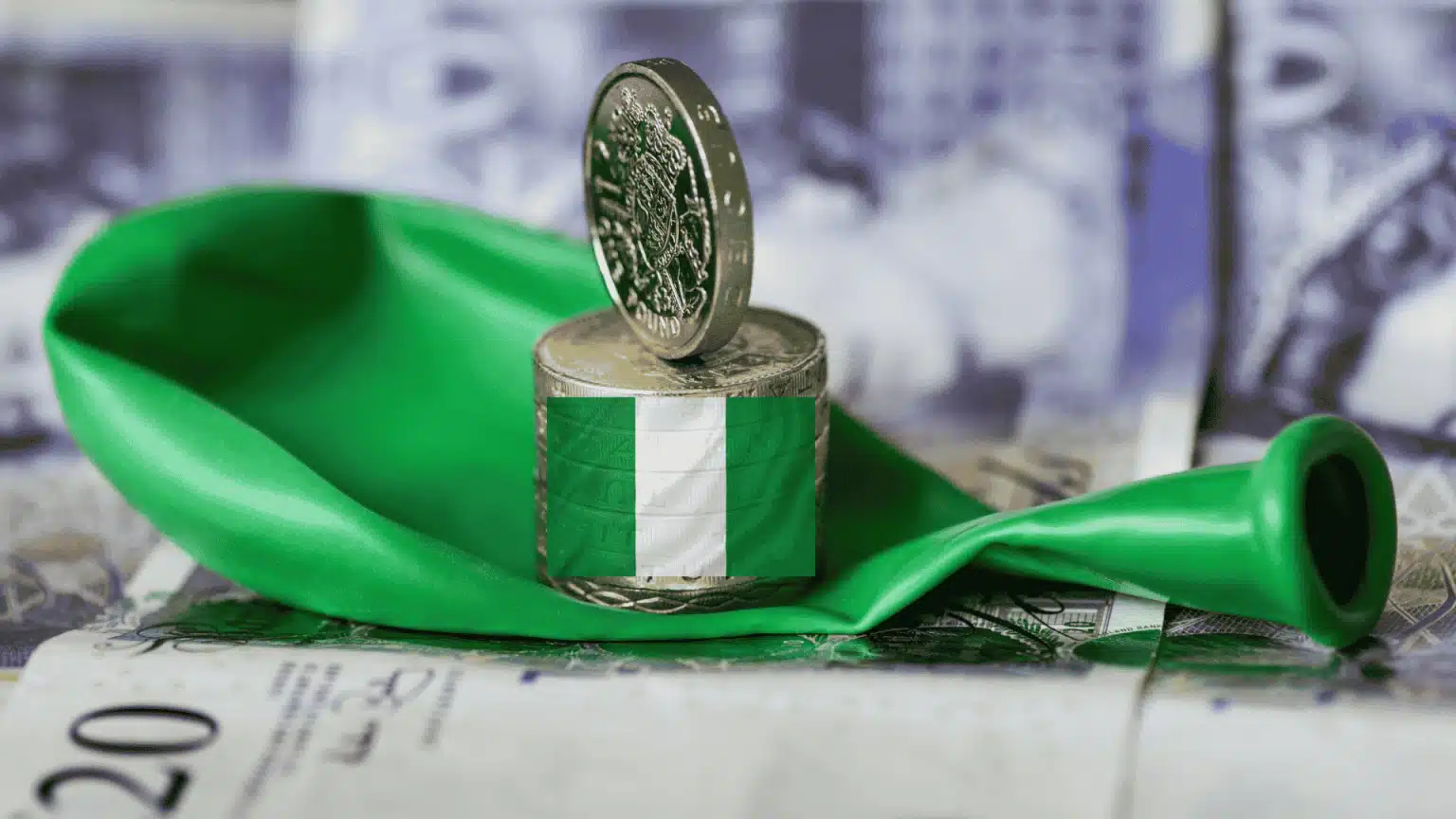
As global oil prices tumble and the naira weakens, Nigeria’s inflationary pressures may last longer than hoped.
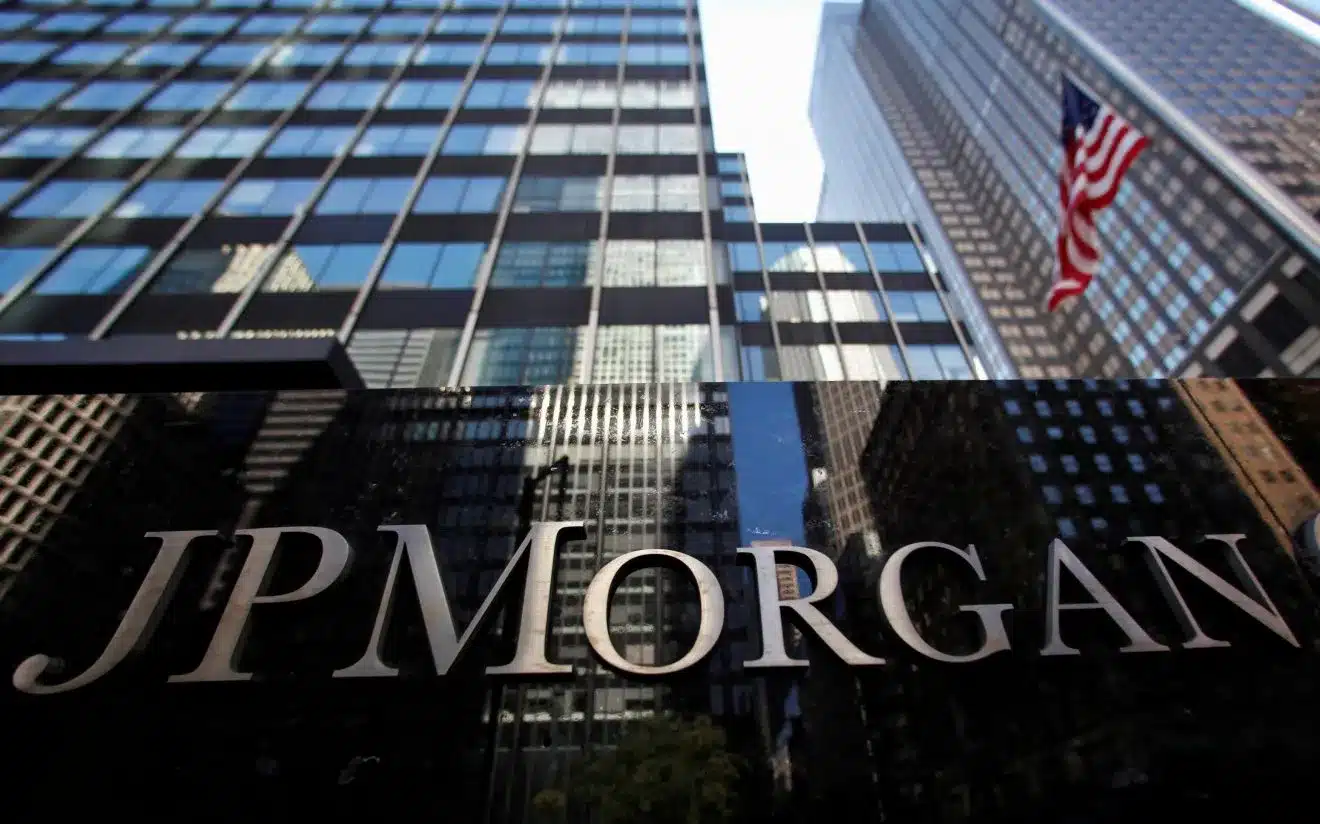
With Brent crude hovering near the sub-$60 mark—Nigeria’s fiscal break-even—concerns are mounting that sustained low prices could reopen current account deficits and heighten macroeconomic vulnerabilities.
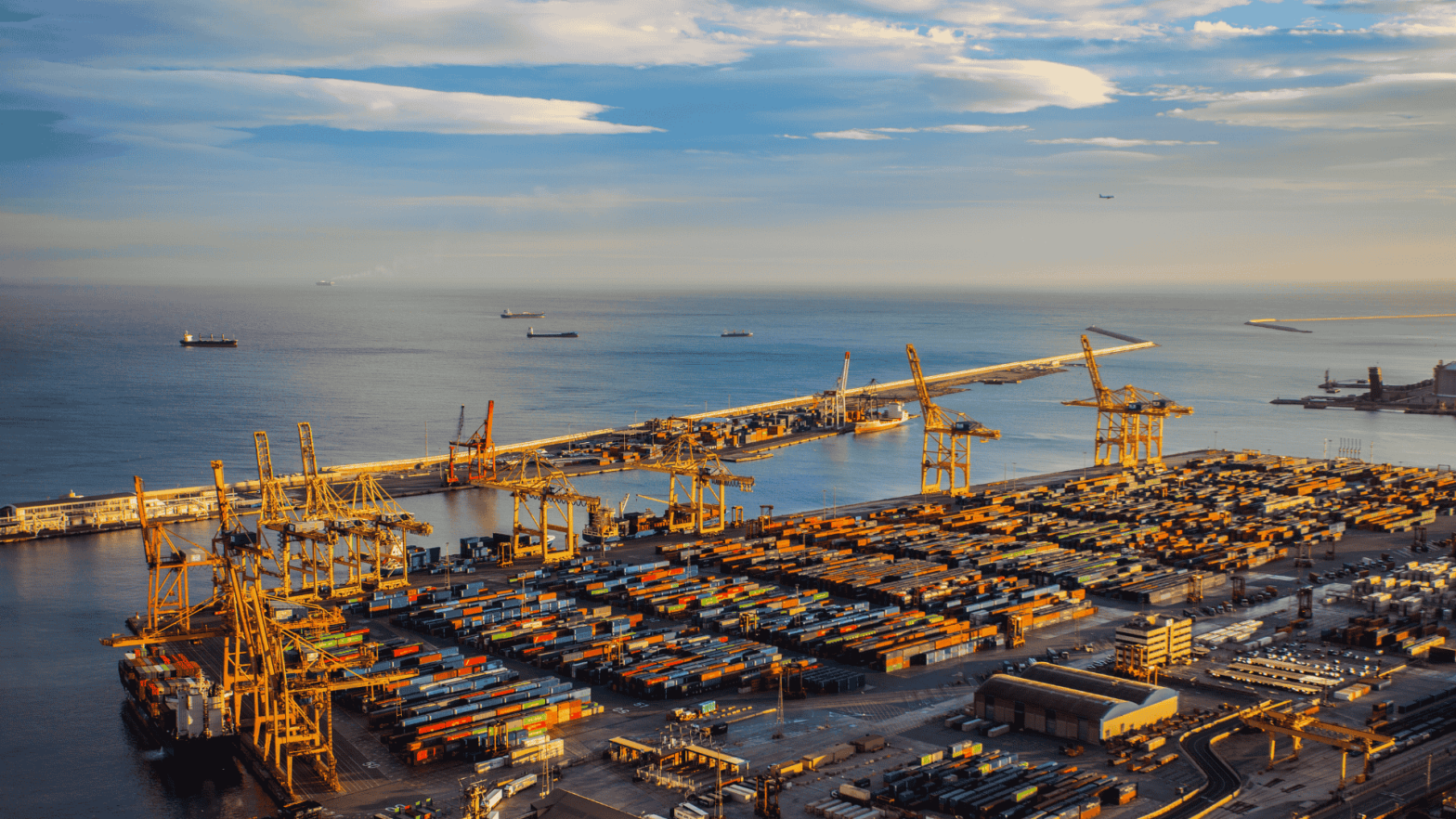
Non-oil exports from Africa to the U.S. have grown 241% since 2001. That growth is now in danger. Tariffs of 21% on cocoa and 54% on textiles could wipe out years of trade progress under AGOA.

